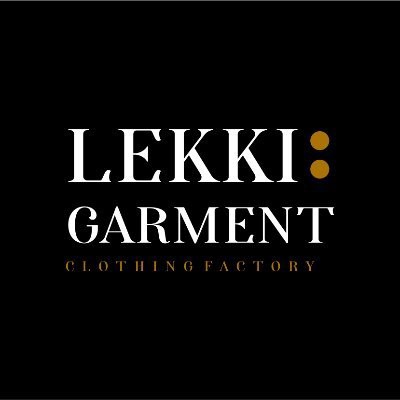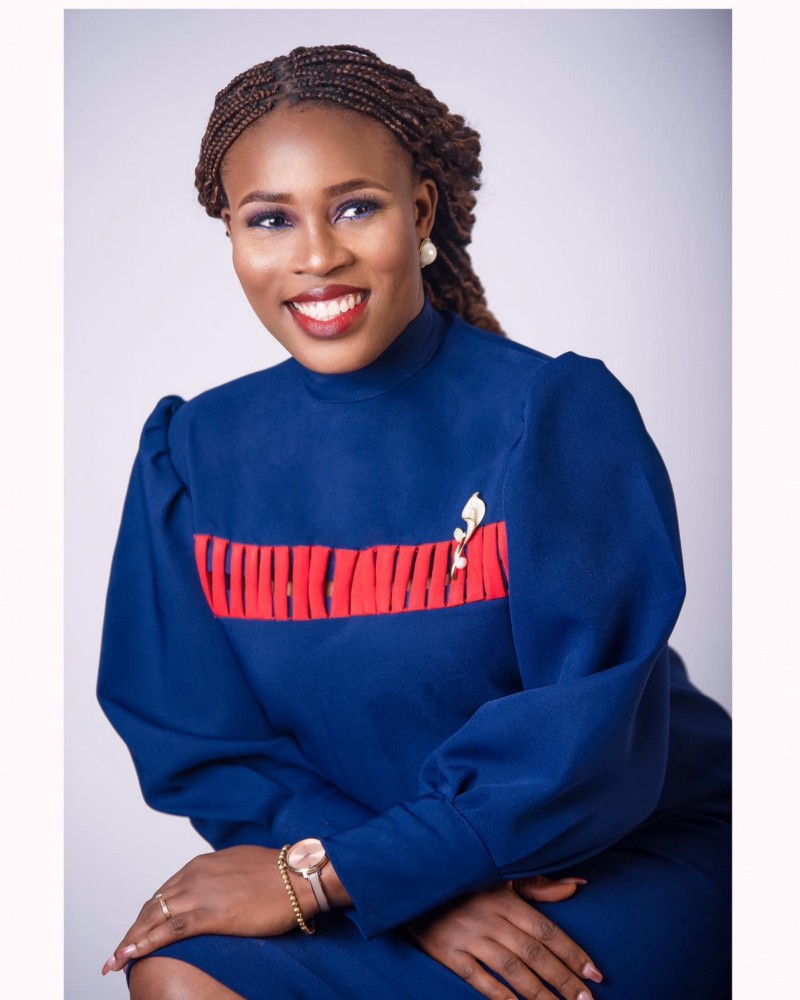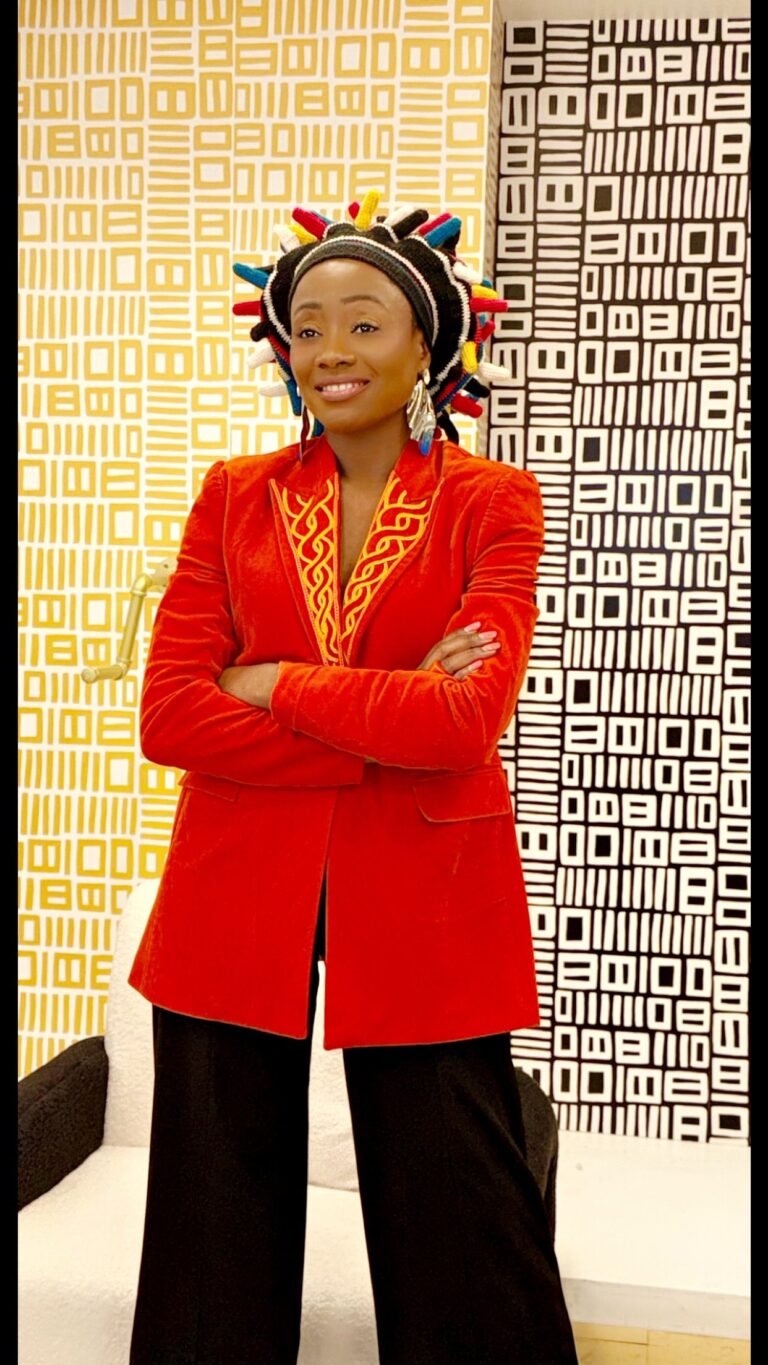
How was the Lekki Garment Factory conceived?
The Lekki Garment factory was born out of a need to give back to the industry. I started my career as a fashion retailer. Back then a lot of people did not understand what fashion retail is.( Most times people do not realize the variations of jobs within the fashion industry other than designing, especially in Africa). One time, when I was pursuing my Masters in Fashion Business in Paris, we were asked to make presentations on fashion history and I picked designers from Nigeria. I was asked to redo the assignment with European designers as there was no African Fashion History taught there. I knew then that I had to do my best to put Africa on the map as a key industry player. This meant that what I set out to do, I had to do it well. I felt that a lot of upcoming African designers, despite the talent, are not the best trained at production. I decided to focus my business on the development part- for instance sourcing materials, cutting, producing and even shooting in collaboration with designers who have sketched their ideas whether I get credit for it or not. It has been 4 years now.
Since you founded the company how has the process of learning and structuring been?
Learning and structuring has been and always is an ongoing process. We have had to change structure over and over. In fact, we are currently in a restructuring process. There is a need to do training for structuring in the industry. Setting systems in place is important. It makes growing the business easier while inviting investors to come onboard. Most fashion designers usually want to start fashion lines- resulting in the creation of many small fashion businesses that may not be able to meet the needs of the nation or to grow the needs within the industry. I encourage collaboration even in training so that one can have a full experience of the industry. Building a proper company with a future to grow into because there is a future for African fashion entrepreneurs.
How do you encourage a productive workplace culture?
Productive workplace cultures are growing systems. For instance, at Lekki, we started out working from Mondays to Saturdays. However we realized that employees have a life- they have individual needs that are functional to themselves. Thus, to enhance a work-life balance, we scraped off Saturdays. We are home from Friday evening. In addition, we also got accommodation for staff that is within walking distance from the factory. Initially we would cut part of the salary and augment it into housing allowance but now their accommodation is free. In fact, it is somewhere where directors of the company can live as well! They are comfortable and conducive. Moreover, we assist our employees when health issues come up like paying medical bills out of pocket.
As for flexibility in work hours, variables are taken into consideration. For example, we have an agreement with a lady joining this coming Monday to leave work at 4 pm instead of 6 pm so that she is able to pick her child at school as she is a single parent. We also have employees who work far, with 4 hour long commutes and even some who live off the mainland. These too have been taken into consideration to have flexible work hours so that they may get to their families safely and in good time
What efforts are being made within your company regarding sustainability and ethical waste management?
Sustainability is a core understanding of our business. We have stacks of fabrics that we refuse to throw away. We have attempted to manage some of them by creating bags built from waste. Our main challenge with reusing our waste for now is timing, this is because of ongoing production and meeting deadlines. However, every scrap is recorded and accounted for. We understand the importance and significance of sustainability. We aim to build a department dedicated to reusing and recycling.
How is inclusivity overseen within your company?
I wish you would come to the company and see for yourself! We have women, men, graduates, high school leavers, Christians, Muslims and people from all walks of life. Inclusivity is at the heart of the company. We are more concerned with one’s skills and willingness to learn than their upbringing or cultural background. We really have a very open-minded work space.
Tell us about some of the measures taken towards ensuring the health and safety of employees.
Lekki is keen on safety. We have designated fire extinguishers throughout the space. We hope to conduct hazard communications in the future to help protect employees from physical injuries. So far, we have only had one accident. We also ensure clear, clean floors to prevent fall risks. All tools like sharp or that can cause potential injury are stored in designated places.
Walk us through some of the workplace policies you have in place.
Our work policies are very clear. Lekki has a zero-tolerance policy on violence as well as abuse. Access to management to report any cases is provided by an open-door policy. Anyone can walk into my office. This limits any form of Harassment or abuse that may happen as it can be reported at the very instant. One-time we had a production manager who was reported for harassment. We immediately investigated it, reprimanded him and sent him away. There are very low cases at the company.
Would you say that there is an adequacy in working tools?
I wish I could say we have adequate equipment. As a company that is constantly growing, there arises tasks that require new skill and machinery. We work smoothly with the equipment we currently have but we intend to get more as we grow.
Given the experience you have, your years before and while at the helm of Lekki Garment factory, what recommendations would you give when it comes to working in the industry and dealing with employees?
Passion is key! Passion for the people and for your niche. I encourage people to grow their skills and specialize in what you know. Bring on people to do what you don’t. Create jobs for differently skilled people. In simpler terms, stimulate knowledge collaboration.

Special thanks to BAF intern Baraka Muthoka for coordinating this interview.

